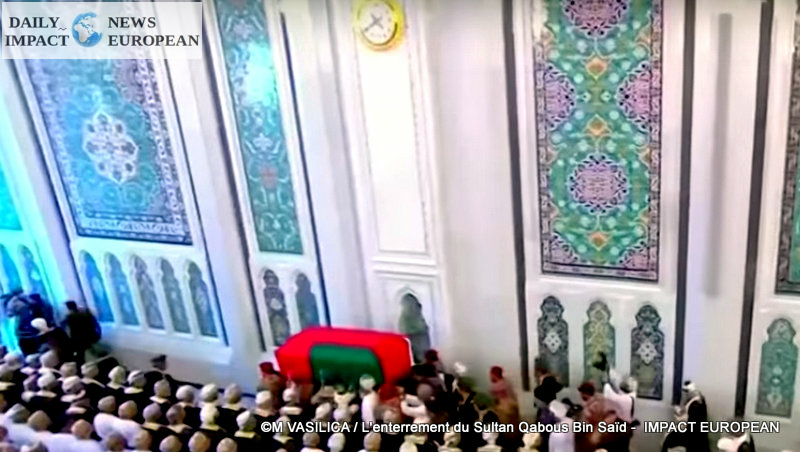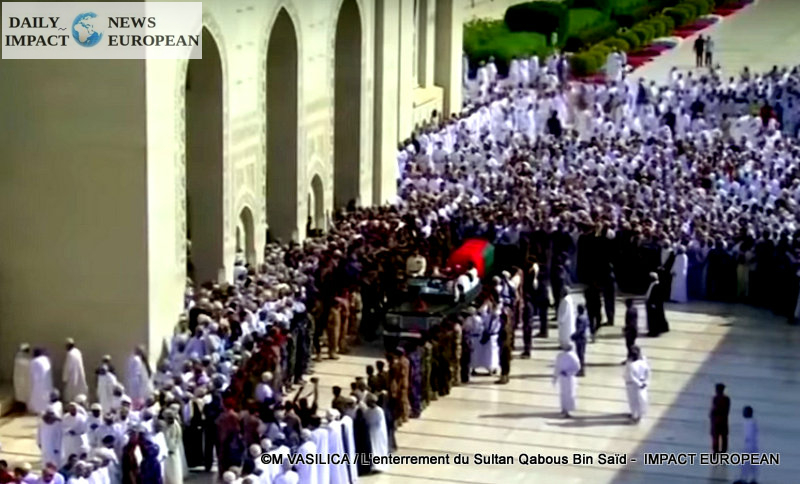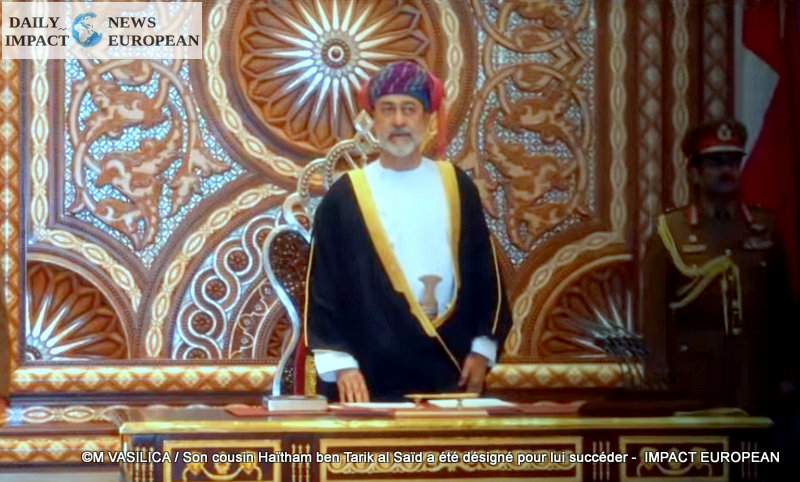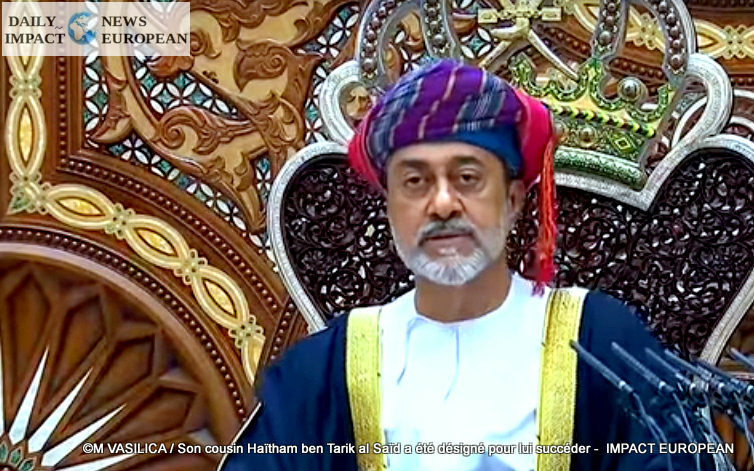The leader of the Sultanate of Oman died at the age of 79 on January 10 in Muscat, the country’s capital.
Coming to power in 1970, following a coup d’état fomented against his father, he reigned for 50 years, modernizing his country while managing to make it an island of stability and neutrality in a region plagued by wars and conflicts.
Atypical, cultivated character, lover of operas and classical music, he was nicknamed the « rose sultan » or the « gentleman of the Gulf », known for his very British refinement acquired during his studies in Great Britain.
He thus contributed to the creation of a symphonic orchestra which has an important reputation in the Middle East. And the Muscat opera house is said to have the largest organ in the world.
He was not married and had no children.
A discreet and influential actor in world diplomacy, a wise intermediary between the Western world and the Middle East, between the Gulf countries, the United States and Iran, Sultan Quabous has established friendly relations based on mutual respect with all the countries of the world.
He was the ally of the United States, which has a base in Oman, but also the friend of Iran, with which it shares the Strait of Hormuz through which 30% of world oil transits.
He has managed to maintain his country in independence, neutrality and tolerance towards different religions.
He has proven to be an effective mediator in hostage-taking or in the standoff between Washington and Tehran over the nuclear issue.
The sultanate has stayed away from the main regional conflicts that have bloodied the region for 30 years, notably the Iran-Iraq war (1980-1988) or the war in Yemen.
It was the only country in the Gulf Cooperation Council to have maintained diplomatic relations with Syria since the start of the war in 2011.
Using natural oil and gas resources, developing tourism, it made the economy stable and flourishing, while this country was the poorest in the region, without any infrastructure.
The country now has a full road network and mobile phone coverage is around 85% in populated areas.
The sultanate welcomed 68,000 French people in 2019, an increase of 13.5%. It is a country in vogue thanks to its natural attractions, the friendliness of its inhabitants and its secure environment.
Small country of four and a half million inhabitants, located at the eastern end of the Arabian peninsula, the most eastern of the Arab world, it contrasts with the other Gulf monarchies, far from the glitz of Dubai and rigorism religious of Saudi Arabia.
There is health care for the entire population, education is free and there are many colleges and universities.
In 1995, Oman was the first of six Gulf monarchies to grant women the right to vote and to stand as a candidate. Reaffirming his concern for equality between women and men, Sultan Qaboos had declared: « The nation is like a bird, it needs its two wings to fly. »
The day after his death, his cousin Minister of Culture, Haitham Bin Tariq, was inducted as Sultan of Oman.
In his speech of homage to Sultan Qaboos, he expressed his intention to follow the path of his predecessor.
Domestically, he wants to preserve the solid foundations on which the structure of this modern state rests.
On the external level, He wants to continue to maintain good relations with the neighboring countries in the respect of the covenants, the laws and the agreements and promises « to pursue a diplomacy based on the peaceful coexistence between the nations, the non-interference in the internal affairs of others, respect for the sovereignty of States and international cooperation in various fields, calling for and contributing to the peaceful settlement of disputes. »
It intends to continue the active role of the Sultanate with all international bodies for the pursuit of peace and stability.
Views: 0









More Stories
Phenom 300E: The World’s Leading Light Jet for 14 Consecutive Years
Coutures: Angelina Jolie Stuns at the Paris Premiere
Embraer Expands Global Support Network Across Defense and Commercial Aviation